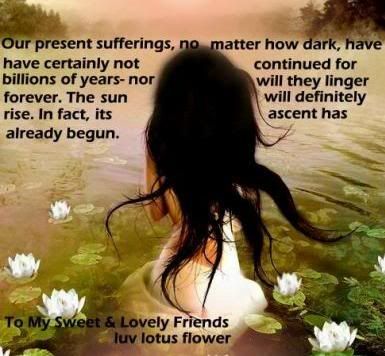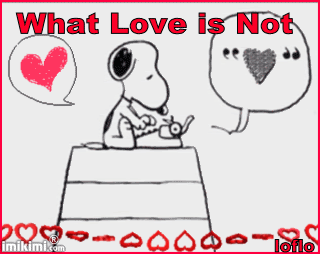Nichiren Daishonin (1222-1282) was born on February 16, 1222 , a Japanese monk and the son of a poor
fisherman, Nichiren became a monk in the Tendai school.
He was born in Kominato, which today lies in the
Japanese prefecture of Chiba. He began his formal Buddhist study at the
Seichoji Temple at eleven, where he eventually became a priest. It was
at the Seichoji Temple that he first came to believe in the
pre-eminence of the Lotus Sutra. On April 28, 1253, he declared his
intention to preach the Lotus Sutra and Nam Myoho Renge Kyo as the true
Buddhism. At the same time he changed his name from Rencho to
Nichi-ren. "Nichi" means "sun", and "ren" means "Lotus".
Nichiren's independent studies led him to conclude that the Lotus
Sutra contained the only true way to salvation and that chanting the
phrase namu myoho renge kyo ("salutation to
the Lotus Sutra") is the way to attain enlightenment. Nichiren also
taught that his time, characterized by political unrest, was the period
of degeneration (or age of "latter dharma," known as mappo)
that was predicted in the Lotus Sutra. During this time, it was
believed that only bodhisattvas could ensure the purity of Buddhist
doctrine, and Nichiren identified himself as the incarnation of a
bodhisattva whose mission was to spread the true teachings of the Lotus
Sutra in Japan.
Nichiren sharply criticized other forms of Buddhism and taught that
natural disasters and invasions would result if Japan did not turn to
the Lotus Sutra. He sharply criticized Shingon, Pure Land, and Zen
Buddhism, leading to two exiles and near execution. Nichiren and his
followers believe he was saved from execution by miraculous
intervention. Nichiren's personal communications and writings to his
followers (called "Honorable Writings", or "Gosho") detail his view of the correct form of practice for the "Latter Day of the Law" (mappo), and many are preserved to this day.
(wikipedia)



